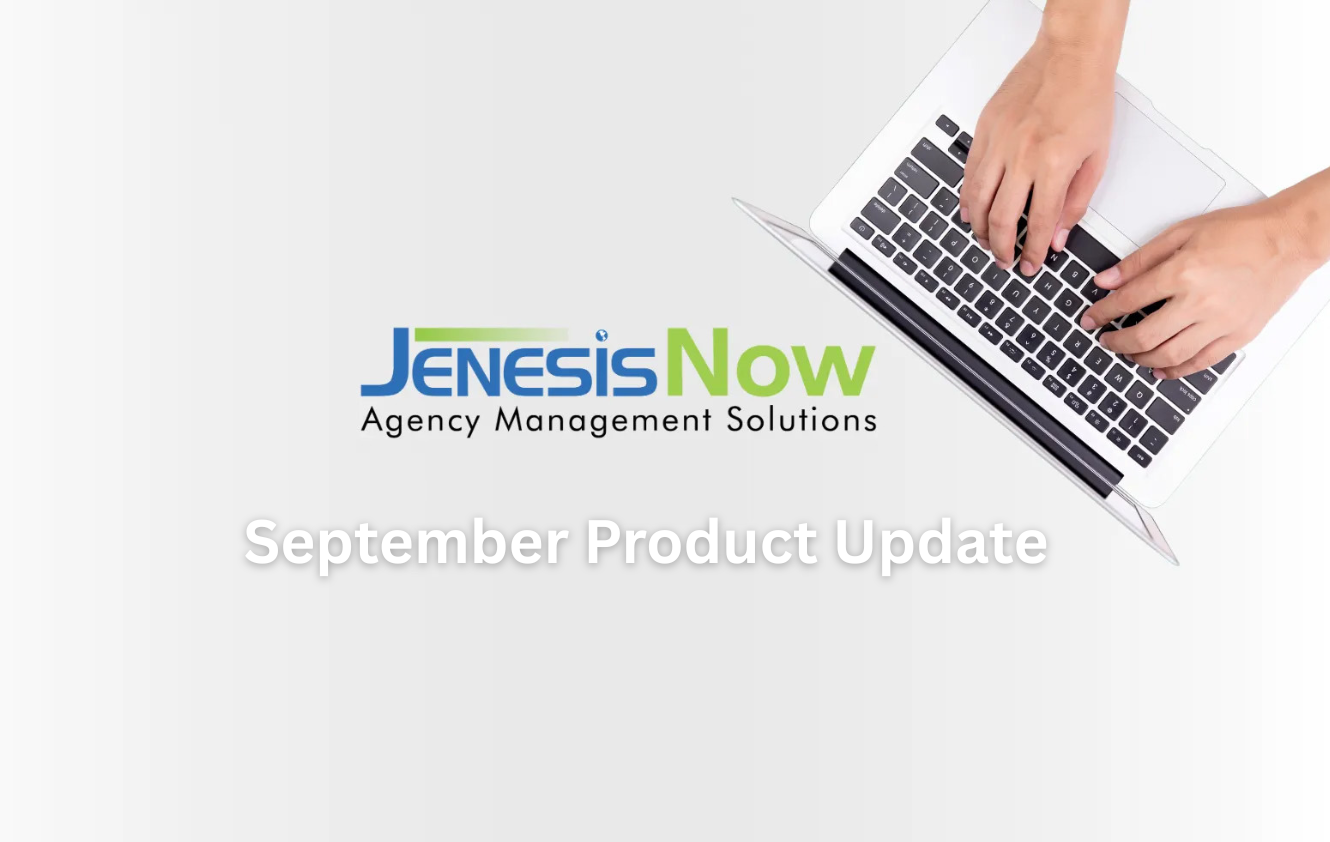

Most agencies think sales are about pushing harder, polishing scripts, or tweaking the close. But in The Go-Giver Sell More, Bob Burg and John David Mann remind us of something far more powerful: sales is about giving value first.
Independent insurance agencies thrive not because they’ve memorized the perfect pitch, but because they’ve built a culture of trust, generosity, and service. That’s why the Go-Giver philosophy aligns beautifully with what we do every day in this industry.
The 5 Laws of Stratospheric Success (Go-Giver Style)
Let’s look at how you can apply them directly in your agency:
- The Law of Value
Your worth is determined by how much more you give in value than you take in payment.- For your agency: Every client interaction is a chance to add value—whether it’s explaining coverage in plain English, sending a helpful checklist, or simply being responsive.
- The Law of Compensation
Your income is determined by how many people you serve and how well you serve them.- For your agency: Expand your reach through referrals, community involvement, and digital tools like JenesisNow to manage more relationships without sacrificing personal touch.
- The Law of Influence
Your influence grows as you place others’ interests first.- For your agency: Ask questions. Really listen. Make the conversation about the client’s life, goals, and family—not just their policy.
- The Law of Authenticity
The most valuable gift you have to offer is yourself.- For your agency: Don’t hide behind jargon or stiff professionalism. Be real. Share why you care about protecting people. Authenticity builds loyalty.
- The Law of Receptivity
The key to effective giving is to stay open to receiving.- For your agency: Many agents struggle here. Be open to referrals, reviews, and yes—payment. Receiving allows you to continue serving others.
Bringing It Home to Insurance Agencies
In The Perfect Insurance Agency, I talked about how success isn’t just about numbers; it’s about impact. When your agency adopts the Go-Giver mindset, growth happens naturally:
- Clients trust you more.
- Referrals flow more easily.
- Sales conversations feel like problem-solving, not pressure.
Encouragement for the Journey
Think of your agency like a well-watered garden. When you sow seeds of generosity, service, and authenticity, you don’t just get a single harvest—you build a reputation that feeds your agency for years.
As Proverbs 11:25 says, “A generous person will prosper; whoever refreshes others will be refreshed.”
The Go-Giver isn’t just a sales strategy. It’s a way of doing business that aligns with who we’re called to be—leaders who give first, trust God with the results, and watch the blessings multiply.

